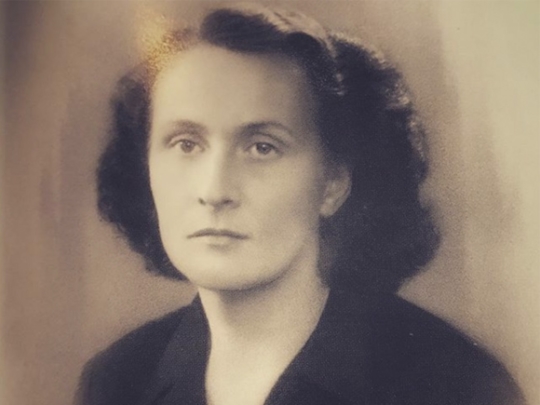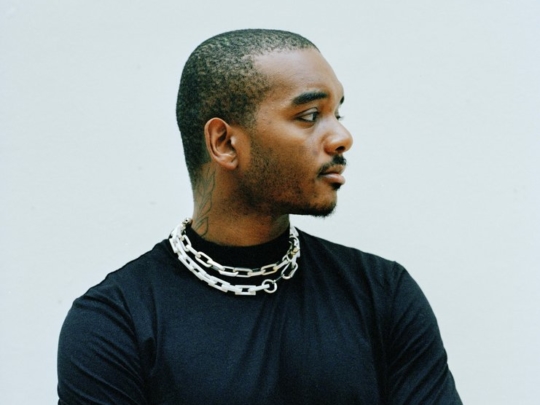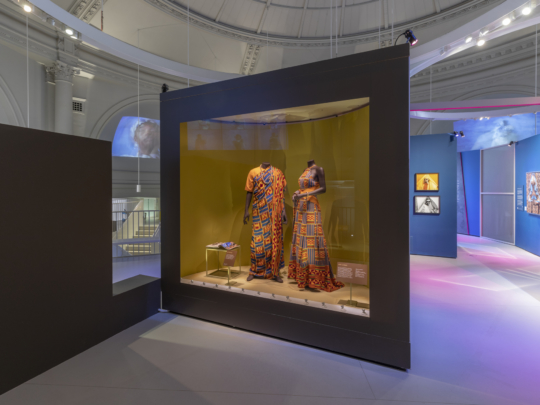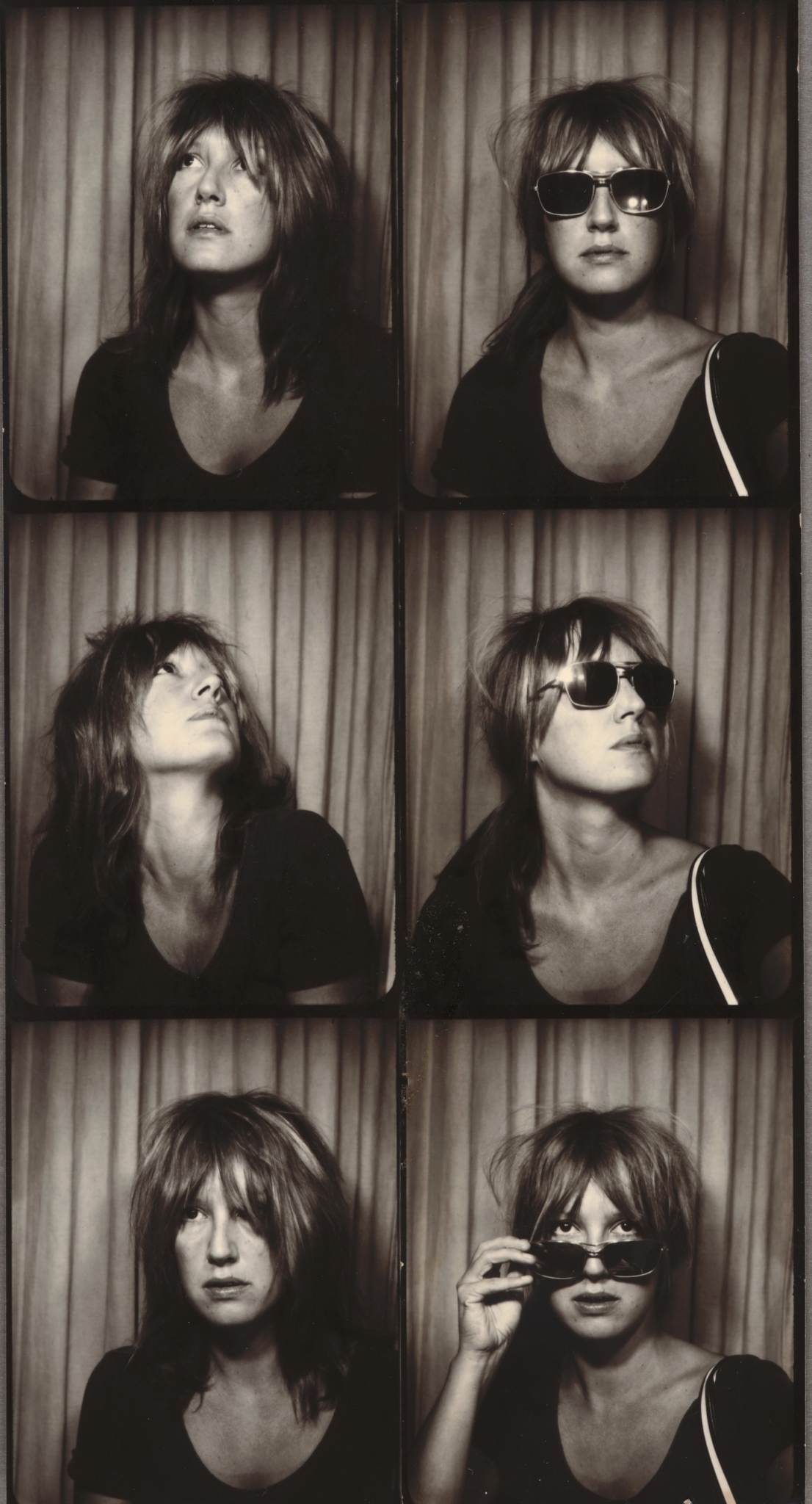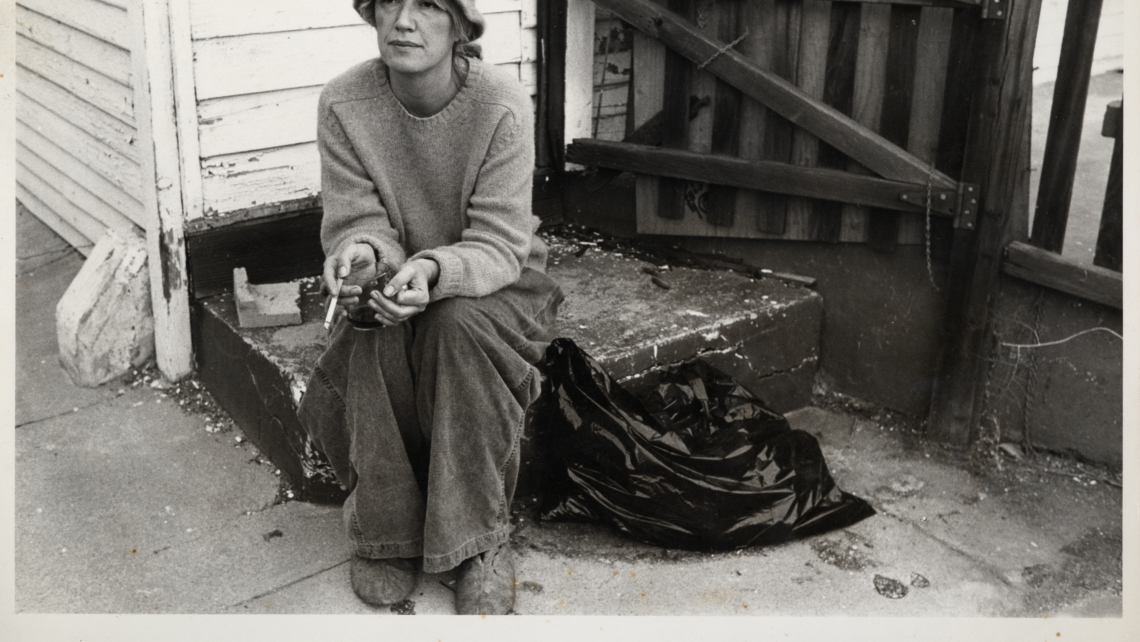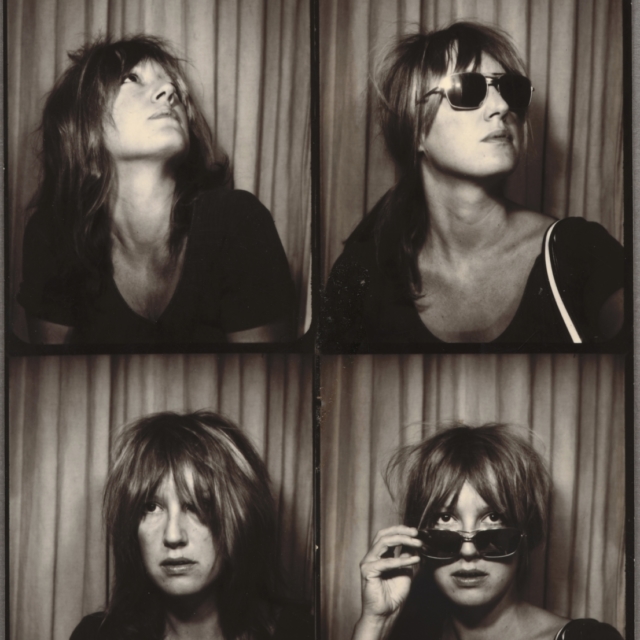Virginia Woolf read Proust and wrote to Roger Fry: “Oh, if I could write like that! There’s something sexual in it – I feel I can write like that, and then I can’t”. Eve Babitz felt the same, not for Proust, but Colette. “Colette was like a concubine which fascinated me,” she said. “She made me want to be her and write like her.” I’ve read Colette and Virginia Woolf and four books of Proust but still. My Colette is Eve Babitz.
When she was fourteen Babitz started writing her memoirs, I Wouldn’t Raise My Kid in Hollywood. A few weeks before she’d been picked up and kissed by a man she’d never see again except on the front of the papers two years later when he turned up dead in Lana Turner’s bathroom. “I’d been writing that book sort of before that,” Babitz explains in her first book Eve’s Hollywood (1974). “After that, I’ve always been writing it.”
That book she turned into others: Slow Days, Fast Company: The World, The Flesh, and L.A. (1977), Sex and Rage: Advice for Young Ladies Eager For a Good Time (1979), L.A. Woman (1982) and Black Swans (1993), all memoirs or essays, though one’s called a “novel,” based on her life in Los Angeles. They were panned by critics. A reviewer wrote in the New York Times: “I discern the soul of a columnist, the flair of a caption writer, the sketchy intelligence of a woman stoned on trivia.” She fell out of print.
But by the time Babitz died last December, aged 78, all of her books were reissued. Some were bestsellers. Critics had written she ranked with Joan Didion. Following the reissue of her first book, in 2015, The New York Times ran the story: “The Eve Babitz Revival.” Her collected journalism, including fashion writing for Ms. magazine and Vogue, was published in 2019. Now, the Huntington Library in Southern California has acquired her archive, a collection of art, manuscripts, journals, photographs and letters spanning 1943-2011. There are 22 boxes, filled.
